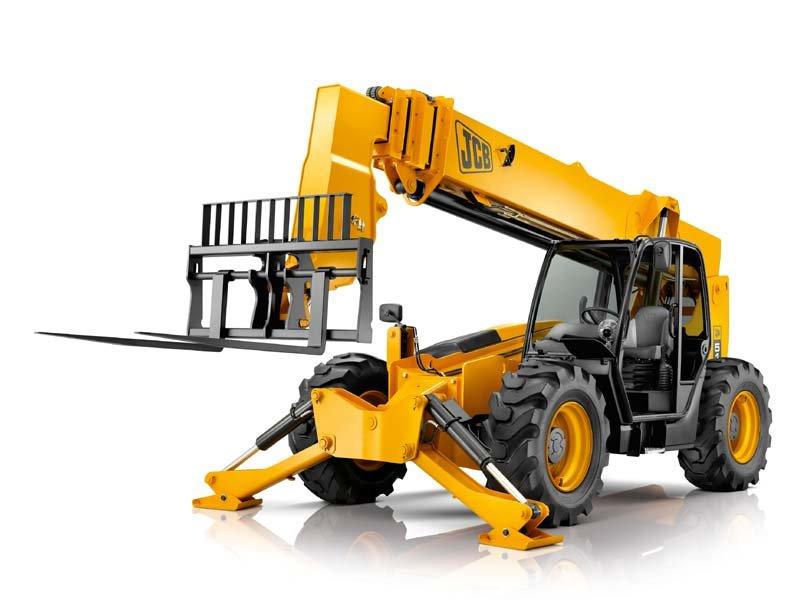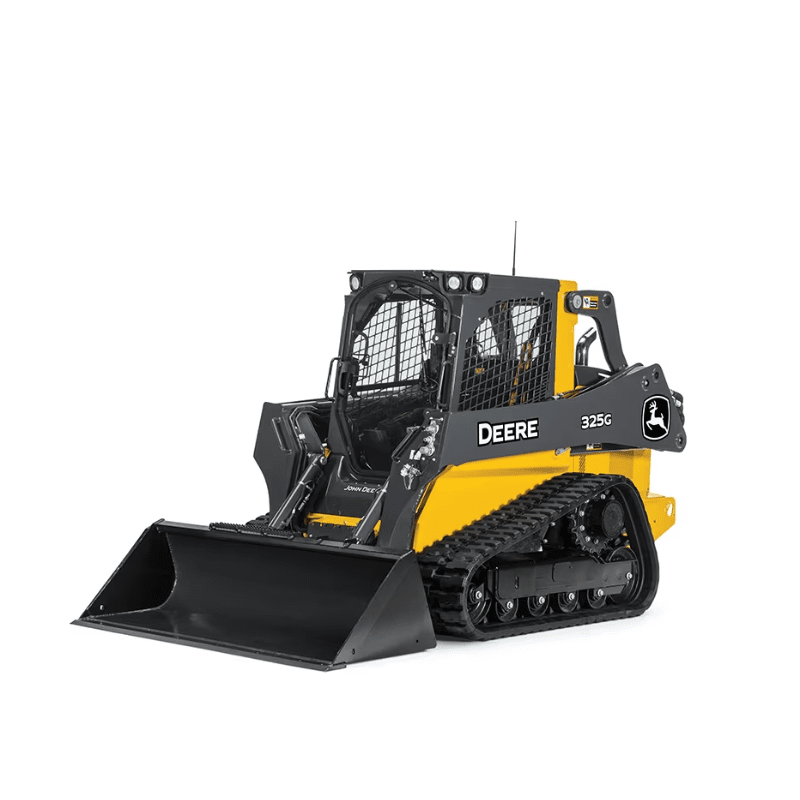Rental Company Near Me: Neighborhood Solutions for Equipment Rentals
Rental Company Near Me: Neighborhood Solutions for Equipment Rentals
Blog Article
Optimize Your Budget Plan by Recognizing the Costs Linked With Construction Equipment Rentals
Understanding the full scope of expenses linked with building tools services is important for optimizing your budget. What approaches can be employed to effectively manage these costs and ensure a much more effective rental experience?
Introduction of Rental Expenses
When taking into consideration building and construction tools leasings, comprehending the associated prices is extremely important for efficient budgeting and project planning. Rental costs can differ substantially based upon numerous variables, including tools kind, duration of rental, and area. The initial rental charge often mirrors the equipment's market need and its linked functional capacities, affecting the overall expense.
In enhancement to the base rental rate, ancillary expenses might develop, such as transportation fees, fuel additional charges, and maintenance charges. It is vital to account for these added expenses to accurately examine the complete price of leasing devices. Additionally, the rental duration can influence rates; longer leasings may qualify for affordable prices, while temporary services could incur higher everyday costs.

Breakdown of Rental Rates
A comprehensive understanding of rental prices is important for service providers and project managers intending to enhance their spending plans. Rental rates for construction devices generally contain a number of parts, including base rates, time-based fees, and usage costs.
Base prices are the core charges connected with the rental of the devices, frequently identified by the kind and dimension of the equipment. These rates can vary dramatically, affected by aspects such as tools need, schedule, and regional market patterns. Time-based fees, which might be daily, weekly, or monthly, serve to suit different task timelines and rental periods.
Furthermore, rental prices might consist of usage charges, which are relevant when tools is made use of beyond a specified threshold, making sure that the rental company can make up wear and tear. Seasonal demand variations can likewise affect rental prices, with peak construction periods typically regulating higher costs.
Moreover, comprehending the rental company's policies regarding upkeep and insurance policy can provide further insight into the general cost framework. By assessing these components, contractors can make informed decisions, making certain the choice of rental devices aligns with both job needs and spending plan restrictions.
Extra Costs to Consider
Understanding the details of added fees is essential for professionals to manage their general rental expenditures efficiently. Beyond the conventional rental prices, different auxiliary costs can considerably impact the overall cost of tools service. These charges frequently include delivery and pickup charges, which can vary based on distance and logistics entailed in transporting the tools to and from the work website.
Additionally, some rental firms might enforce fuel surcharges if the see this site devices is returned with less fuel than when rented out. It is also important to know potential cleansing costs, especially for specific tools that calls for detailed upkeep after usage.

Thoroughly examining the rental contract and making clear these extra charges in advance can aid contractors stay clear of unanticipated costs and ensure that budgets stay intact throughout the job lifecycle.
Repair And Maintenance Expenditures
Routine upkeep and repair service expenditures are frequently forgotten variables that can substantially affect the overall expense of construction devices services. When renting equipment, it is crucial to think about not just the rental fees but also the prospective expenses connected with keeping the machinery in ideal operating problem.
Several rental firms consist of basic upkeep as component of the rental arrangement; however, a lot more substantial repair work or unanticipated malfunctions can lead to extra expenses. It's vital to examine the rental agreement carefully to comprehend what upkeep solutions are covered and what responsibilities fall on the renter.
Furthermore, equipment that is not well-kept can bring about inefficiencies on duty website, potentially causing hold-ups and raising job costs. To minimize these dangers, it is advisable to carry out regular assessments and maintain open communication with the rental company regarding any kind of problems that occur throughout use.
Insurance and Liability Expenses
Insurance policy and liability costs are vital components that can substantially influence the overall expenditure of building and construction devices services (equipment rental company). These expenses make sure that both the rental business and the customer are protected from potential financial losses arising from mishaps, damages, or theft throughout the rental duration

Furthermore, customers should understand any type of deductibles or exclusions in the insurance plan, as these can impact potential out-of-pocket costs. Understanding the terms and problems of any insurance policy protection is important to prevent unforeseen prices. Eventually, budgeting for insurance policy and obligation expenses can aid make certain a smoother rental experience and protect against financial dangers connected with construction projects.
Conclusion
Finally, a comprehensive understanding of the expenses related to building equipment leasings is essential for reliable spending plan administration. By evaluating rental rates, additional fees, maintenance expenditures, and insurance policy companies, requirements and individuals can minimize unexpected expenses. This calculated strategy not just boosts cost-effectiveness but likewise makes sure that projects proceed efficiently and effectively. Eventually, educated decision-making pertaining to tools leasings adds to the general success of construction ventures.
Rental prices can differ substantially based on a number of aspects, consisting of equipment kind, period of rental, and area (mini excavator rental). The rental period can impact rates; longer rentals might qualify for reduced prices, while temporary rentals may sustain greater day-to-day costs
By performing detailed study and involving with trustworthy rental business, specialists can properly navigate the intricacies of rental pricing, ultimately maximizing their monetary sources.
Beyond the typical rental prices, various auxiliary costs can considerably influence the total price of devices rental. Rental firms often supply responsibility insurance policy that covers injuries to published here 3rd events or damages to property, while tools damage insurance can cover the expense of repairs or replacement if the leased equipment is damaged.
Report this page